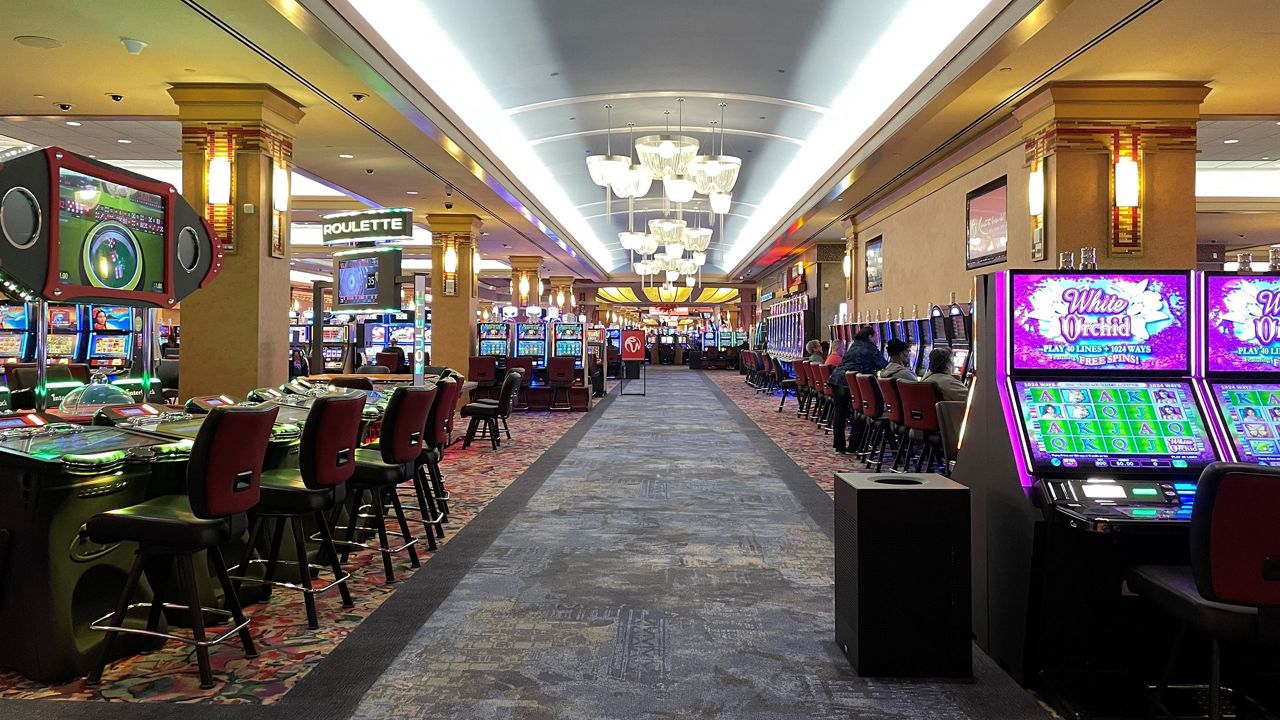When we think of casino activities, the first images that frequently cross our minds are those of rotating wheel wheels, poker tokens clinking on fabric tables, and dice rolling across a betting area. While numerous view these activities as simple pastimes fueled by luck, a more profound exploration reveals a captivating blend of strategy, expertise, and community interaction that elevates them well beyond basic luck. Whether you are a experienced player or a curious newcomer, grasping the subtleties of these activities can greatly enhance your enjoyment and understanding.
Gambling activities have developed over hundreds of years, with different cultures contributing to their rich histories and different forms. From the intricate tactics of 21 to the deception methods in card games, players engage in a contest of intellect as much as a risk on numbers. This dynamic interplay between luck and expertise creates a exciting atmosphere that draws millions to casinos worldwide. As we delve into the realm of table games, we will reveal the methods that can tilt the odds in your advantage and the community elements that make these games a favored choice for entertainment and engagement.
A Strategy of Table Gaming
Casino gaming often combine a mix of skill and luck, making them fascinating for participants who enjoy a test. Every game has its unique set of rules and tactics that can affect the results. For example, in games like blackjack, players are required to use tactics like counting cards and understanding the probabilities to make informed decisions. This expertise can greatly improve the victory potential, differentiating experienced players from novices who may depend entirely on chance.
In contrast, games such as the roulette may appear to be entirely based on luck, but tactical thinking can also play into the equation. Players can choose between different betting tactics, such as the Martingale system, where they raise the wagers after losses. This method can create a more methodical way to the activity. Grasping the odds of specific wagers can also assist players make better decisions on the table, showcasing that even games of luck, strategy can enhance the enjoyment.
Additionally, the game of poker is notable as a title that heavily focuses on tactics. Unlike most casino titles, the game of poker combines skill, psychology, and luck. Players must not only concentrate on the cards they are given but also take into account their rivals’ actions and wagering patterns. Mastering principles like position, the odds of the pot, and reading bluffs is essential for winning. This complexity of strategy in poker often leads to a more engaging experience for participants, as their choices and abilities greatly affect the match’s results.
Comprehending Likelihood and Odds
In the world of gambling games, likelihood and odds have a critical role in deciding a gambler’s potential results. Every game has its own collection of guidelines that define how the probability of succeeding or losing is calculated. For example, in games like blackjack, participants have a chance to affect their ratios through tactics, whereas in matches like the wheel, the outcomes are exclusively governed by luck. Grasping how these chances are measured can greatly impact how a gambler tackles the match.
Ratios are typically expressed in two forms: fractional and numeric. 8Day Fractional ratios indicate the proportion of the sum won to the sum staked, whereas decimal odds show the total payout for a successful bet, which includes the stake. For instance, if a match has ratios of 5 to 1, this implies that for every one unit staked, a gambler could win five units if they win. Learning how to understand these odds allows gamblers to evaluate their possible winnings and make more wise decisions during gameplay.
Gamblers should also be aware of the house edge, which is the casino’s inherent advantage over the players. Each match has a distinct house edge, and understanding this idea is crucial for handling one’s expectations and bankroll. Games with a reduced house edge, such as 21 and baccarat, typically offer better ratios for gamblers compared to games like slot machines and keno. By understanding the connection between chance, ratios, and the casino advantage, gamblers can enhance their gambling experience and plan more effectively.
The Exciting Aspect of Table Gaming
Casino games at gaming establishments are often seen as a hub of social interaction, bringing participants together in a collective experience that extends far past the mere act of playing games. The atmosphere at a poker table can be vibrant, with players engaging not only with the game itself but also with each other. Joy, cheers, and, sometimes, playful teasing create connections that improve the overall experience of the gaming experience. This communal aspect can turn a alone endeavor into a dynamic gathering, making casino games particularly appealing.
One of the intriguing elements of gaming at tables is the way it fosters camaraderie among players. Whether it’s collaborating to beat the dealer at a craps table or exchanging tales between hands in a card game, the environment encourages communication. Participants often share advice or strategies, creating a sense of togetherness that enhances the fun. This social dynamic can make new players feel welcomed and less daunted by the competitive nature of gaming. As the game progresses, friendships may form, leading to a sense of belonging that keeps participants coming back to the table.
Moreover, the social aspect of gaming at tables extends beyond just the participants. Dealers play a vital role in encouraging interaction and maintaining the flow of the game. Their ability to engage players with friendly conversation and their expertise in managing the table can create an inviting atmosphere. This relationship between participants and dealers adds another layer of enjoyment, where gamblers feel connected not only to each other but also to the staff. Such interactions are often what make the experience unforgettable, as players leave with stories to tell and connections made, reinforcing the notion that gaming at tables are truly about more than just chance.

